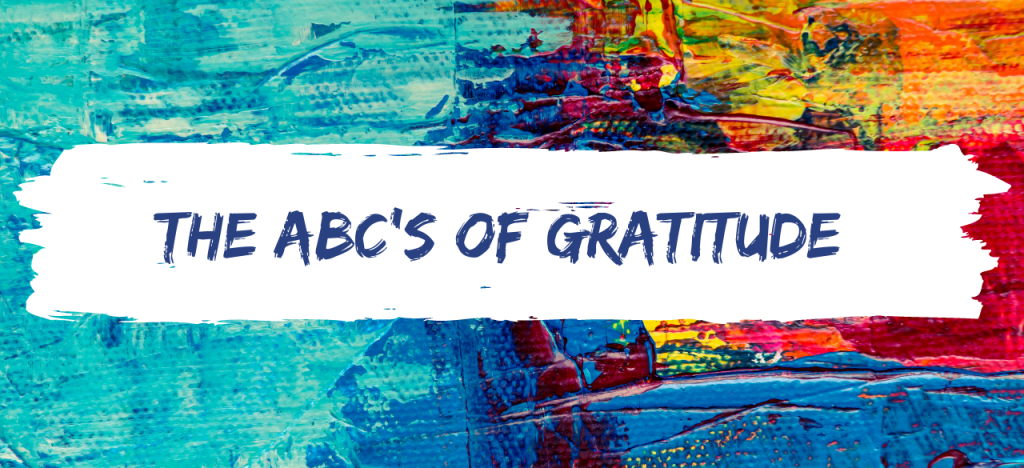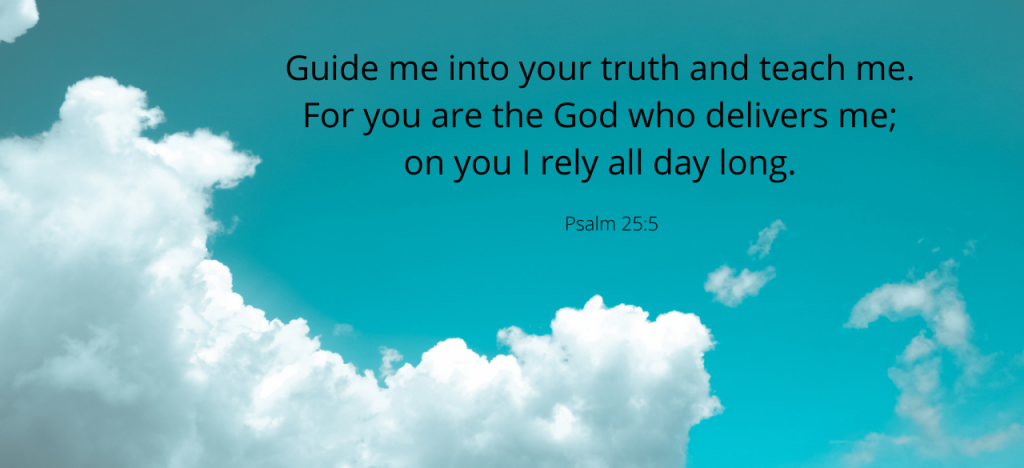
Subjective Truth …
…. Objective Truth …
…. Relative Truth …
Absolute Truth …
We live in a world of “fake news” – identifying truth is challenging. Just today, one headline described a press conference as “fact-free.”
The Pew Research Center writes, “Many think America is experiencing a crisis in facts and truth, and they believe this problem ties into the current state of distrust people have in institutions….The vast majority of adults say that Americans’ level of agreement on the basic facts about issues and events is a problem.
Recently I saw these definitions in a university library:
- Propaganda is formally defined as the systematic propagation of information or ideas by an interested party, specifically, in a tendentious (expressing or intending to promote a particular cause or point of view, especially a controversial one) way, in order to encourage or instill a certain attitude or response.
- Disinformation refers to intentionally disseminating false information. A common tactic is to mix truth with false conclusions and lies.
- Misinformation may the most difficult information to look at and diagnose. It’s defined as the action of misinforming, giving erroneous or incorrect information. It is false or inaccurate information that is spread unintentionally, which is in direct contrast to disinformation, which is an act of deception to convince an audience of something. Disinformation is intended to mislead, misinformation is not.
Sorting through the flood of information streaming on air waves, determining what is truth and what is not is not only exhausting but it is disheartening. Fact-checking is time-consuming, requires in-depth research skills, and some understanding of what sources have a better track record at posting correct information than others.
The flood of mis- and/or dis- information makes me wonder what happened to truth!

Additionally we all have biases. When someone asks you to share “your truth” … they are asking you to share your story, your experience, your perspective on a topic or event. And any time we share our own story we share from those biases. For example, the idea of “white privilege” has been in the news in recent months. Because I am white, middle class, I see life through the lens of white privilege. That doesn’t mean I have not had to struggle in any way or that I haven’t had problems, but my issues are clearly different than those of someone in a minority group. The awareness of (suburban) white privilege heightens my need for empathy and compassion – and it shows me my need to listen well to the stories of those who are not white, not privileged. I need to listen to understand what some might call their “truth” – their experiences.
Truth, then, can be challenging.
I love what Scripture tells us about truth – and especially from the book of John –
- John 1:17: For the law was given through Moses; grace and truth came through Jesus Christ.
- John 3:21: But whoever lives by the truth comes into the light, so that it may be seen plainly that what they have done has been done in the sight of God.
- John 4:24: God is spirit, and his worshipers must worship in the Spirit and in truth.”
- John 8:31-32: Jesus said, “If you hold to my teaching, you are really my disciples. Then you will know the truth, and the truth will set you free.”
- John 14:16, 18: And I will ask the Father, and he will give you another advocate to help you and be with you forever—the Spirit of truth … he lives with you and will be in you.
- John 17:17: Sanctify them by the truth; your word is truth.

So in these days of so much fake news, misinformation, disinformation – I lean on the one who is “my” truth, “the” truth!